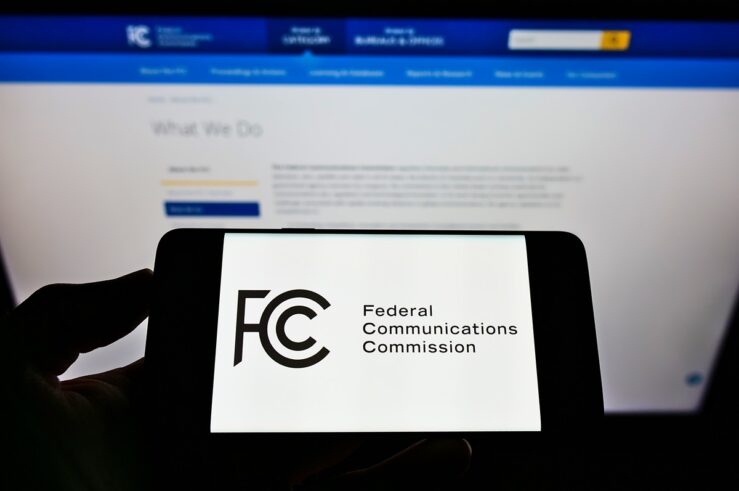More than three years ago I provided this “corporate crime primer”:
The Apple Rule provides for an exception from corporate criminal liability when a popular business executive is accused of, or presides over a company that is accused of, misconduct. “Popular” is defined as “liked by journalists.” * * * By contrast, when an “unpopular” business executive (i.e., unliked by business journalists) is associated with criminal misconduct, the “Enron rule” applies. This means that the executive becomes the target of the criminal investigation. * * * Tom Kirkendall asks whether the Apple Rule or the Enron Rule will be applied to Michael Dell.
In the linked post, Tom described charges against Dell based on years of bogus earnings inflated by undisclosed suspect payments from Intel.
Dell has now settled those charges with the SEC for $100 million, plus $4 million from Michael Dell and fines against other executives.
The SEC alleged:
Dell’s increasing profitability was largely attributable to an unusual source of funds: payments from Intel, a microprocessor manufacturer that was one of Dell’s largest vendors. During this period, Intel effectively paid Dell not to use processors manufactured by Advanced Micro Devices, Inc. (“AMD”), Intel’s arch-rival. Intel’s payments to Dell, which were the subject of various antitrust investigations and claims, grew significantly. When measured as a percentage of Dell’s operating income, these payments grew from about 10% in fiscal year 2003 (“FY03”) to 38% in FY06, peaking at 76% in the first quarter of fiscal 2007 (“QIFY07”). While almost all of the Intel funds were incorporated into Dell’s component costs, Dell did not disclose the existence, much less the magnitude, of the Intel exclusivity payments. * * *
Dell would often seek additional rebates from Intel in order to close a gap between its forecasted results and its earnings targets. Dell was quite open with Intel about the reasons it was requesting additional money. * * *
In Q4 FY04, Dell sought a $25 million lump sum payment from the Tactical and Strategic Fund after forecasting that its results would fall short of analysts’ consensus. In a January30, 2004 string of emails to the SVP, Schneider wrote “I think we will barely make the quarter because of the Intel money.” Dell would have missed analysts’ consensus in this quarter without the additional Intel funds; Rollins however, stated to investors that it was Dell’s business model that allowed the company to continue its streak of meeting or exceeding Wall Street earnings targets. Rollins stated during the company’s Q4FY04 earnings call that Dell’s record of “twelve consecutive quarters of meeting or exceeding guidance to investors, is driven by our tightly controlled supply chain, highly efficient infrastructure and direct relationships with customers.” These statements by Rollins were contained in a script that was circulated in advance of the earnings call to Michael Dell, Schneider, and other Dell personnel.
And so on, for 61 pages. One wonders how high-flying Dell would have been between 2002 and 2006 without those payments. Seems like 100 million was a pretty good investment.
Meanwhile, Goldman pays $550 million for one alleged questionably material misrepresentation to one sophisticated investor, and Greg Reyes goes to jail for an even more questionable backdating violation.
Persuade me that this is about securities fraud rather than politics.




